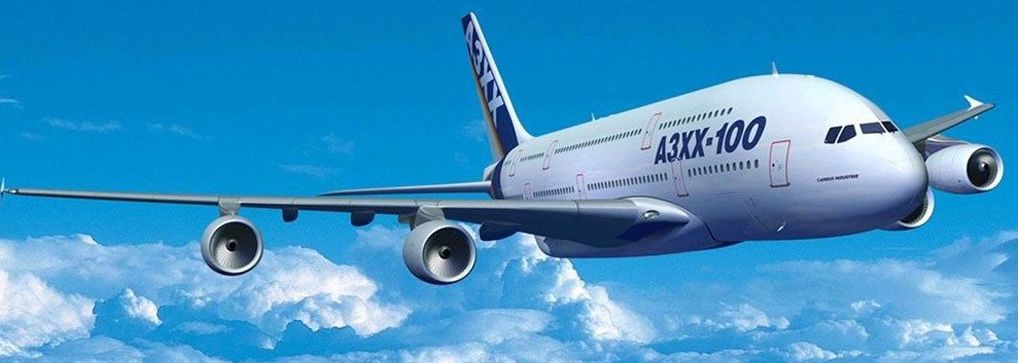In the last decade there have been many changes in this sector around the world. Environmental demands, the importance of electronic commerce, and the shortage of professionals in this sector are some of the challenges this industry has encountered.
However, the essential role of advances in artificial technology or advances in automation, augur a great future for this sector.
Technology plays a fundamental role in the future of this sector. These technological advances that are being carried out are a logical consequence of the digitalization that we were living in numerous sectors, in this case some improvements are already being implemented along the air cargo chain, such as for example the optical monitoring of processes, vehicle maintenance, or the stopping of frauds.
Another noteworthy trend is e-commerce, which is experiencing strong growth and is observing in recent years a trend towards decreasing the size of shipments, becoming even individual.
On the other hand, the shortage of qualified professionals in the air cargo industry is also accelerating the trend towards the development of automated systems, both in terms of handling tasks and cargo transport.
AENA, for its part, has joined this digitisation, and has expressed its interest in developing a cargo community, a forum where all the agents linked to air cargo are represented, in order to improve the processes in the air transport of goods.
Last May, Spanish airports moved a total of 85 million tons, which represented an increase of 3.1% over the previous month, as published by AENA.
As these new technologies arrive, companies will be able to reduce internal costs and improve the user experience, which will translate into a considerable increase in profits.

